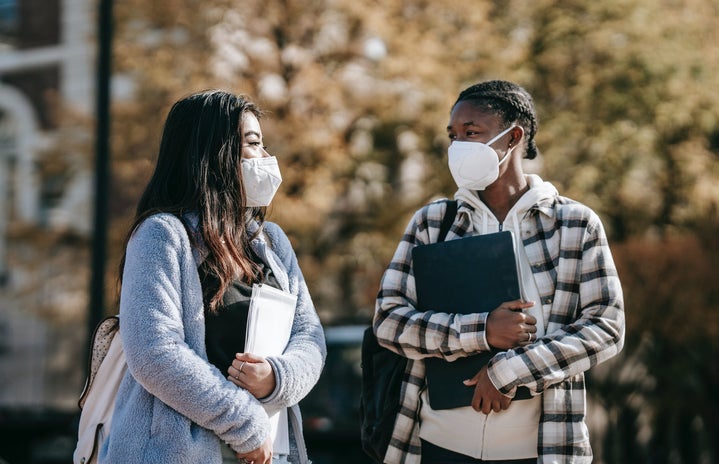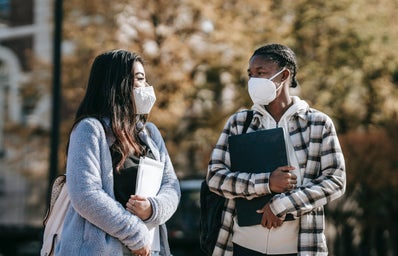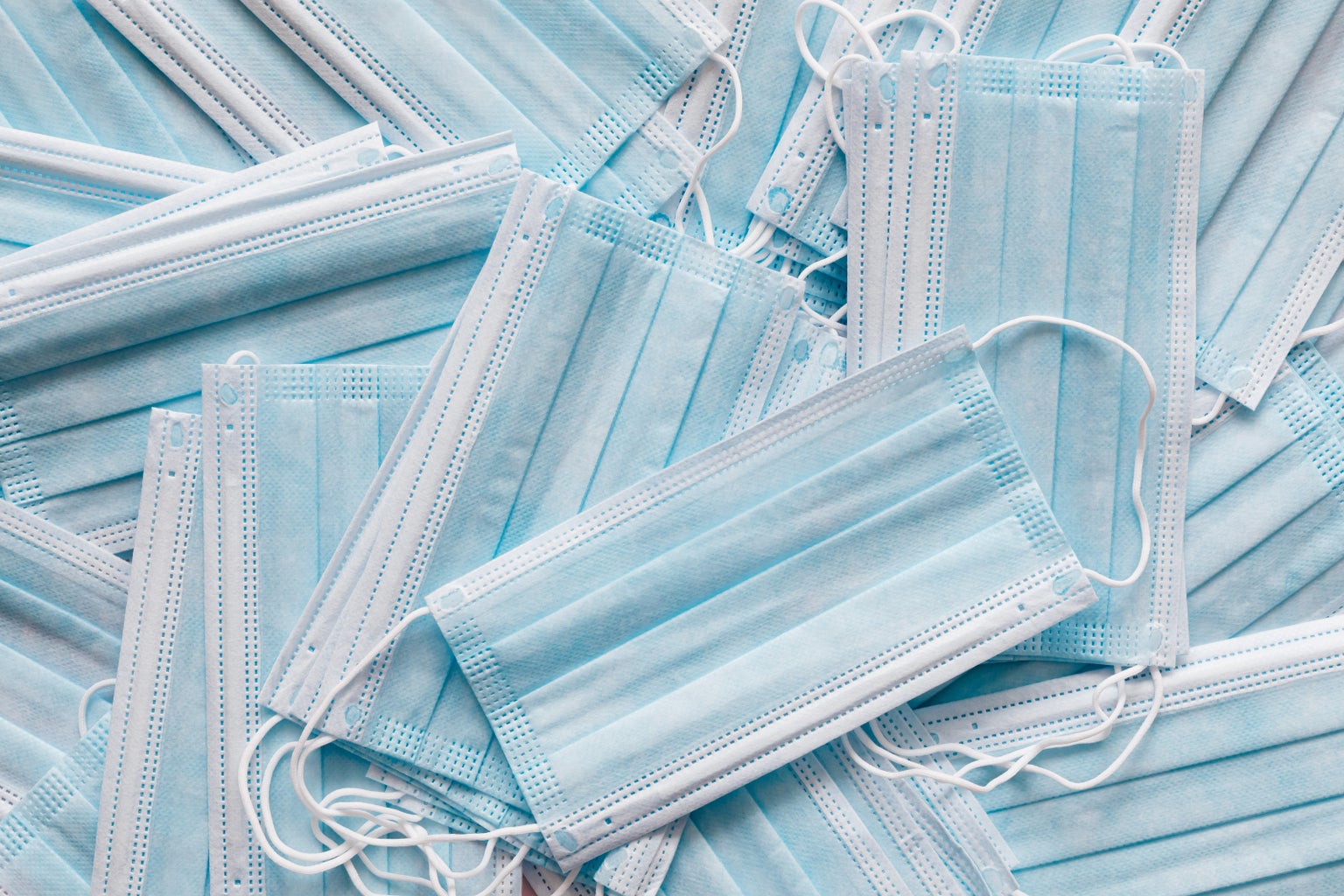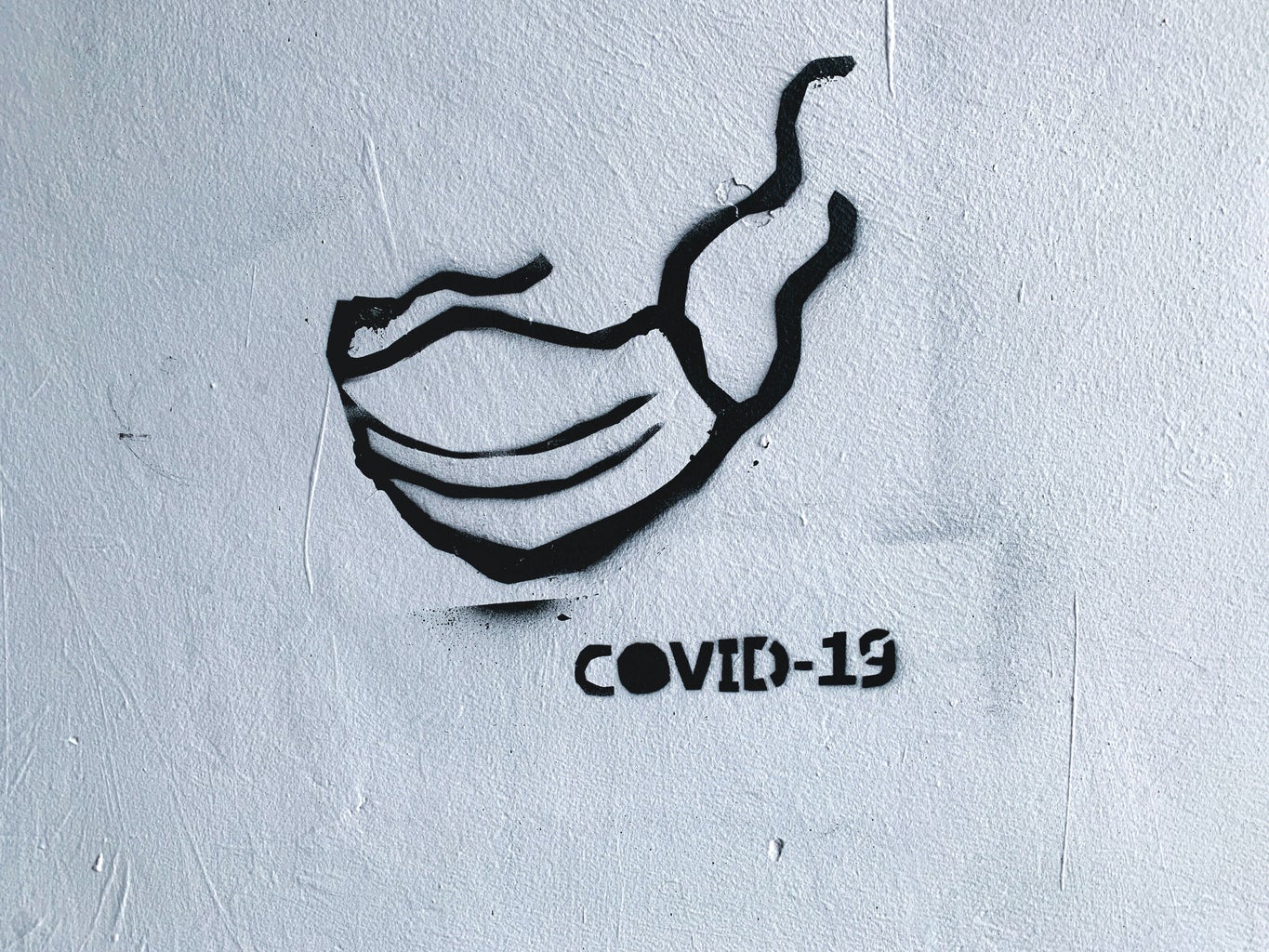On Sunday, American University students gathered on the quad to protest against the administration’s decision to lift the mask mandate. The event was organized by AU’s Disabled Student Union, Pride, Women’s initiative, Heal Da Homies, FGSU and Abolish Greek Life.
The protest was led by the president of AU’s Disabled Student Union (DSU), Katherine Greenstein, who gave a speech alongside four other speakers. They began the protest by denouncing the comments of students on social media, who praised the administration’s decision to end the mask mandate while claiming that the AU community had only witnessed one hospitalization throughout the semester. “As if one hospitalization isn’t too many,” spoke Greenstein in response to those who were in favor of lifting the mandate.
Justin Colman, president of Barstool American, commented on The Eagle’s Instagram that AU’s decision to lift the mandate is “long overdue and finally trusting the science.” Another comment reads: “Encouraging to see that AU is following the science,” by student Christian Depue. To Greenstein, these comments downplay the risk disabled students will suffer on a mask-free campus.
“People are forgetting that one hospitalization is a huge deal when you are the hospitalization,” Greenstein said. During a brief interview, Greenstein shared that the hospitalization is one of their closest friends. “She is a disabled community member and it is unacceptable that we are minimizing her trauma in the ER, as if her life does not matter.”
Laura Polomis, treasurer of DSU, shared their exhaustion towards the disregard of disabled students’ lives. “Disabled student’s lives are being treated as a commodity, and sacrificed for the convenience of people who have not been taking this pandemic seriously since Day One,” mentioned Polomis.
Statistics show that between Jan. 24 to Nov. 30, 2020, in England, men with disabilities were 3.1 times more likely to die from COVID-19 in comparison to those without disabilities. As for disabled women, they were 3.5 times more likely to pass away from a coronavirus infection than their non-disabled counterparts.
Max Burchell, member of the DSU, shed light on the importance of masking, not only for the health of AU’s student body and staff, but for the Washington community as a whole.
“Now that we are here at AU, our community is everyone on campus and everyone in D.C. When we are worried about preserving lives, it isn’t only about ourselves. We have a responsibility to preserve the lives of the houseless individuals in our city with inadequate access to healthcare,” Burchell said. The houseless population is one of the most vulnerable to severe COVID-19, as houseless individuals are “more likely to be older male smokers, with medical comorbidities, and – under pre-COVID-19 conditions – are ten times more likely to die than the general population.”
Evan Williams, a student who was standing near the protest, seemed satisfied with how the students were exercising their right to demonstrate on the quad. Nonetheless, Williams claimed that he was not certain if lifting the mandate will have much of an effect on AU’s covid numbers. He argues that CDC recommendations for the Washington area do not specify masking indoors as they do for higher risk regions.
In February, the CDC released a set of new measures which dictate that citizens residing in green counties, where transmission rates are low, can choose to wear a mask based on their personal preference. Washington is currently categorized as a green county.
“The CDC has never once in this pandemic considered that the lives of disabled people are valuable,” Greenstein said. They maintain that CDC measures should not be cited when defending the administration’s choice to end mask requirements given the institution’s history of neglecting the lives of disabled people.
In January, CDC director Dr. Rochelle Walensky mentioned in an interview with Good Morning America that “The overwhelming number of deaths, over 75%, occurred in people who had at least four comorbidities, so really these are people who were unwell to begin with, and yes, really encouraging news in the context of omicron,” adding that “We’re really encouraged by these results.”
To this point, Greenstein responds that, “Our lives are not an encouragement. We do not deserve to be left behind right now.”
DSU’s president encourages non-disabled AU students and staff to help the disabled community by wearing a mask, urging professors to use masks and offer a hybrid option to classes. Greenstein also recommends testing for COVID-19 at least two times a week.
“The less that you risk yourself, the less likely you are to transmit COVID to one of us,” Greenstein said about fellow disabled students.




